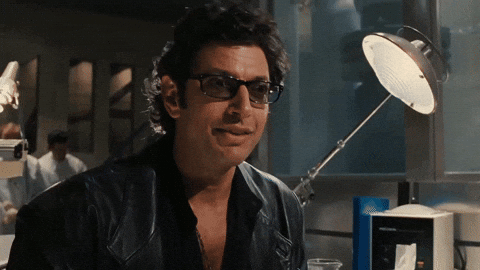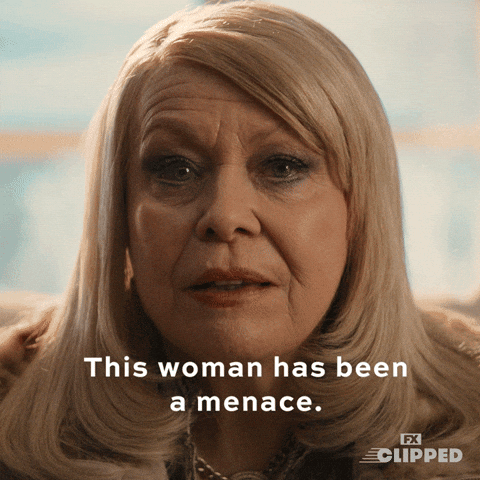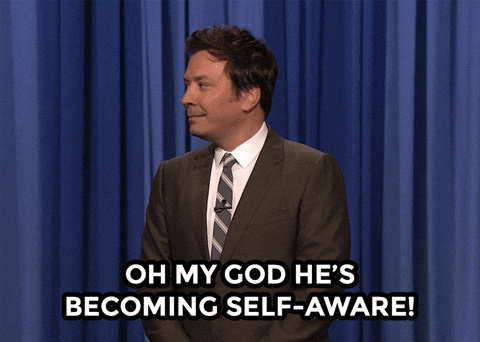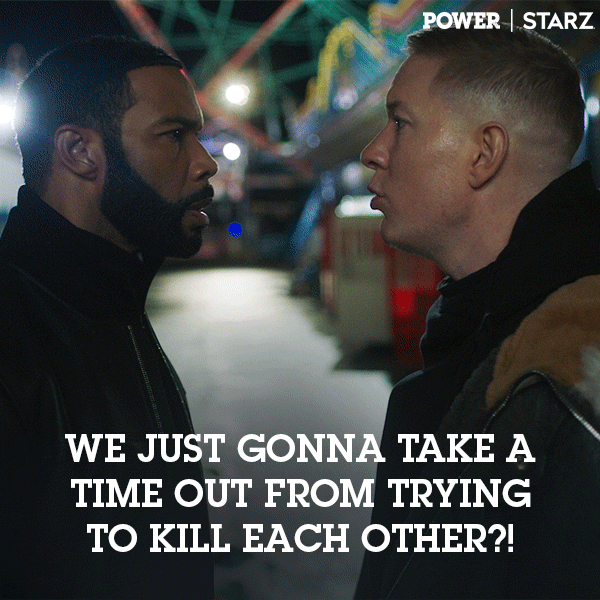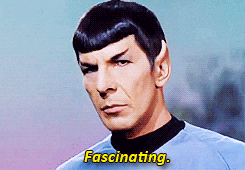Book Review: Death of the Author
TL;DR: Despite a little bit of drag toward the end, this is the very best kind of speculative fiction.
Where does our humanity begin and end?
That’s the ultimate question in Nnedi Okorafor’s Death of the Author. In that sense, this book follows a long and proud tradition in speculative fiction—one that asks us to think about the role of technology in our lives, how it should “enhance” our earthly experience, and whether it can eventually replace us.
This book belongs in the pantheon that contains classics like Frankenstein, mass market favorites like Jurassic Park, and more obscure titles, like Nancy Kress’s Beggars Trilogy (which I highly recommend). I think this is what speculative fiction does best—it asks us to think about what is “optional” in our humanity and our stewardship of our world and then whether we should tinker with those optional bits.
And when we do tinker with the optional bits, can we live (literally and figuratively) with the results?
Here’s a portion of the Amazon blurb for Death of the Author:
Disabled, disinclined to marry, and more interested in writing than a lucrative career in medicine or law, Zelu has always felt like the outcast of her large Nigerian family. Then her life is upended when, in the middle of her sister’s lavish Caribbean wedding, she’s unceremoniously fired from her university job and, to add insult to injury, her novel is rejected by yet another publisher. With her career and dreams crushed in one fell swoop, she decides to write something just for herself. What comes out is nothing like the quiet, literary novels that have so far peppered her unremarkable career. It’s a far-future epic where androids and AI wage war in the grown-over ruins of human civilization. She calls it Rusted Robots.
When Zelu finds the courage to share her strange novel, she does not realize she is about to embark on a life-altering journey—one that will catapult her into literary stardom, but also perhaps obliterate everything her book was meant to be. From Chicago to Lagos to the far reaches of space, Zelu’s novel will change the future not only for humanity, but for the robots who come next.
A book-within-a-book that blends the line between writing and being written, Death of the Author is a masterpiece of metafiction that manages to combine the razor-sharp commentary of Yellowface with the heartfelt humanity of Tomorrow and Tomorrow and Tomorrow. Surprisingly funny, deeply poignant, and endlessly discussable, this is at once the tale of a woman on the margins risking everything to be heard and a testament to the power of storytelling to shape the world as we know it.
General Thoughts
Overall rating: Four stars.
I enjoyed this one, even though I felt like the last third or so dragged a bit. Maybe it was just too long. I also struggled with maintaining sympathy for Zelu, the main character, toward the end. I thought some of her choices were rather selfish. She changed a lot and matured over the course of the book, and then I felt like some of it was taken back at the end. But the interesting thing is that the choices made sense within the context of Zelu’s character and the book; she just took different forks along her life path than I probably would have taken.
I did really relate to Zelu as a writer. We are obviously very, very different people with different backgrounds and challenges, but the writer brain? That part is pretty relatable across the board, I think.
Okorafor is a very good writer, and most of the book moves along with a pretty good pace. I actually enjoyed the intermittent “Interview” chapters the most, I think. In these chapters, Okorafor moved away from the main character’s story and inserted “interviews” with the significant people in her life, giving them a chance to talk about her. Made me wonder what people in my life would say about me!
Representative Quotes
“Humanity didn’t think in binary, though. Emotion rules them, and it existed in everything they left behind—their structures, their tools, even us. Emotion formed their language, and therefore it formed our codes.” — Ankara, the robot featured in Rusted Robots
“The biggest hurdle was the most obvious one: Submitting to the technology. Trusting it.” — Zelu’s thought process as she considered getting into a fully autonomous vehicle for the first time
“I can’t be normal, so I’ll be something else.” — Zelu’s journal the night before she gets her exoskeleton legs
Observations
The Robots are Coming
I can’t decide if this story is supposed to set our minds at ease about how humans and artificial intelligence can work together or if it’s another cautionary tale.
Or both.
I think this is what makes it the very best kind of science fiction.
This book questions what it means to be human—what humanity really looks like, where the lines are between human and machine, what it might mean for machines to have self-awareness and sentience.
There’s a quote from the robot Ankara toward the beginning that I think sums up a lot of this struggle: “We cannot escape our creators. I keep saying this. You can’t erase that which made you.”
Whether you believe in God or you just acknowledge that you came from two other human beings in the past or both, you were still created, and the source of your life has an impact on who and what you are now. I think this book asks how we acknowledge what made us while also becoming better, and then adds a technological element.
And Speaking of Creators…
In Zelu’s story Rusted Robots, the different robot factions essentially fall into tribal warfare. The disembodied AI creatures—”Ghosts”—are the main antagonists against the essentially humanoid robots—”Humes.” In the story, the Hume Ankara and the Ghost Ijele end up fused and have to figure out how to co-exist—and then how to convince their own tribes to co-exist and work together against a larger threat.
There’s a lot in this. I think it’s easy for us to see the allegorical nature of this story—the different tribes polarized against one another, the struggle to work “across the aisle” (metaphorically speaking) with people who have an entirely different worldview, etc.
But Ankara seems to understand that everything she is comes from her human creators and from the last human on earth, Ngozi, who repaired her after a Ghost attack.
Ankara seems to maintain the knowledge that she cannot separate herself from her creators—that everything she is and all of her potential is bound up in the emotion, qualities, intelligence given her by the humans who made her. In Rusted Robots, she writes:
We took emotion from humanity and enjoyed it. Fury. Enchantment. Inspiration. Envy. Joy. Sorrow. Curiosity. Whimsy. Fear. Excitement. Boredom. Hopelessness. And, of course, love. Having, feeling, experiencing emotion allowed us to form communities, to share with one another. And so we continued to replicate, splice, and download, until eventually we didn’t even have to program it anymore. After a few generations, it became our digital DNA.
I love this. Ankara is created in the image of her creators. But what’s really fascinating is that the robots chose to replicate the human experience.
Think about that. Given the option to delete icky things—boredom, sorrow, hopelessness—the robots refused. They accepted those parts of humanity and integrated them into their digital DNA.
This is a fascinating take on artificial intelligence. In much of science fiction, the robots are so coldly rational that they can’t be reasoned or negotiated with. But these robots—this future intelligence—chose to keep all of the emotion.
Publishing Doesn’t Work Like That
Honestly, the biggest place I had to suspend my disbelief was in the premise that Zelu would write such a phenomenal science fiction novel on her first go-around that within a year, she’d be a world-famous multi-millionaire.
Since when has anything in traditional publishing ever worked that way??
This book is a sort of near-future world, where autonomous taxis and exoskeletons for humans exist, so maybe in the near future, traditional publishing will have a complete renaissance and become even more of a juggernaut than it was in its heyday.
Color me skeptical.
Would I Recommend?
Yes, especially if you’re a writer. There are a lot of spots in this book where I found myself nodding along in understanding. Zelu struggles with pretty severe writer’s block, for one thing, which is very relatable.
Will I Read More of This Author?
I might. I’m not sure she shoots straight to the top of my favorite author list, but I’ll look at her other stuff.
What’s Next on My List?
It’s been a couple of weeks since I finished this book, and since I finished it, I read Fourth Wing. Boy do I have thoughts about that one… I’ll post those soon.
I’m currently reading West with Giraffes (which is absolutely wonderful), and I may need to read a non-fiction book before I get back to any of these fantasy/science fiction reads. Sometimes when I’ve read too much fiction, I start to feel like I’ve been eating nothing but jelly beans for days.
All this to say… Not sure what my next speculative fiction read/review will be (after Fourth Wing), but y’all will be the first to know!





